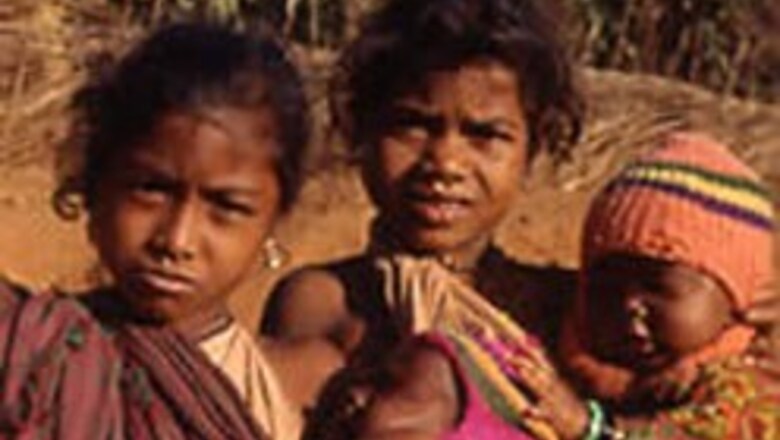
views
Washington: The World Bank has approved a $225 million loan and credit to support a reform programme designed to boost inclusive economic growth and achieve rapid poverty reduction in Orissa.
The credit, approved by the World Bank, includes a $150 million loan from the International Bank for Reconstruction and Development. It would be payable in 20 years including five years of grace period.
Reforms supported by this operation will focus on enhancing agricultural productivity, security of land rights and market access for poor farmers, improving the investment climate and consolidating the fiscal improvement achieved in recent years, according to a World Bank press release.
"The relative disadvantage of the scheduled tribe population is a remarkably robust feature of the profile of poverty in Orissa," says Marina Wes, World Bank senior economist and co-team leader.
"This operation will support the government of Orissa's ongoing efforts to enhance the rights and livelihood opportunities of the disadvantaged sections of the population, including women and scheduled tribes," she added.
Despite its rich endowment of mineral wealth, forests, lakes, rivers and a long coastline facing South-East Asia, Orissa remains among the poorest of India's major states.
Orissa has the third highest concentration of scheduled tribes in India, accounting for 22.2 per cent of the total population and more than 40 percent of the total number of poor.
After stagnating in the 1990s, economic growth has accelerated in recent years, including faster growth in mining, agriculture and service sectors.
Real growth reached an average of 8.4 per cent over the past years, ahead of the all-India average, and nearly double the growth rate of the 1990s.
"The high agricultural growth rate is particularly welcome as it continues to provide employment to over 80 per cent of all workers in the state," says World Bank lead economist and co-team leader V J Ravishankar,
"Measures to improve productivity and economic returns from agriculture are at the heart of this operation and will have a far-reaching impact for the rural poor," he added.
The project will also support fiscal, financial management and public accountability reforms, including anti-corruption measures and public procurement reforms, aimed at achieving creditworthiness.




















Comments
0 comment